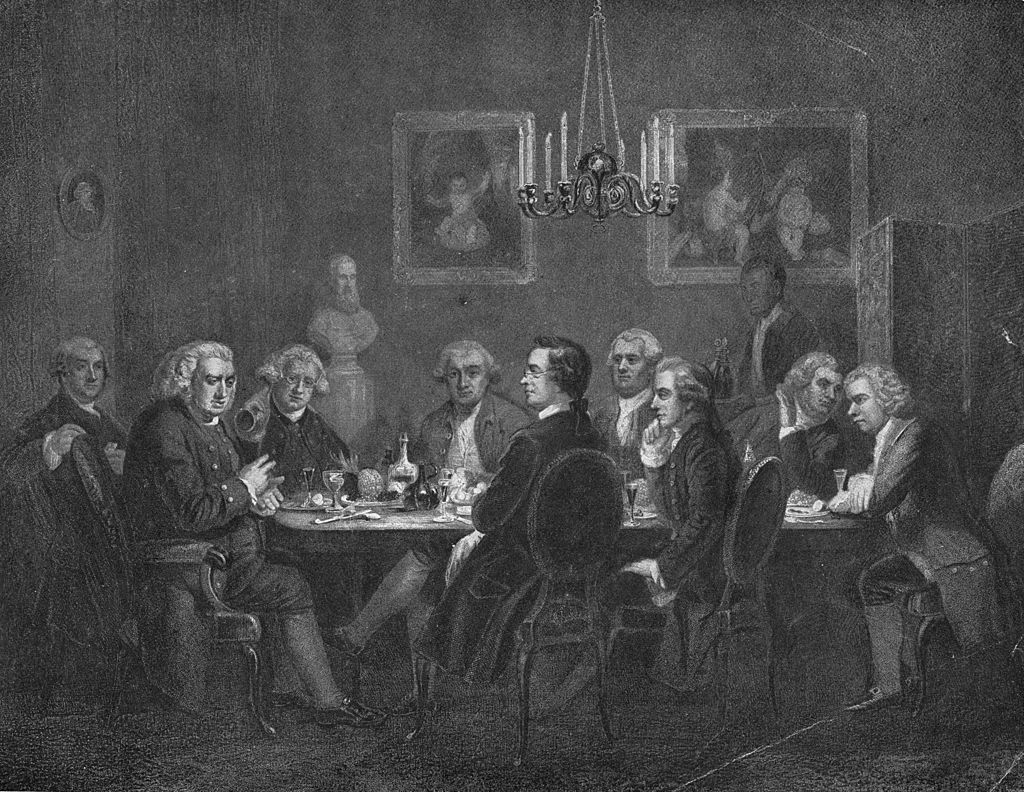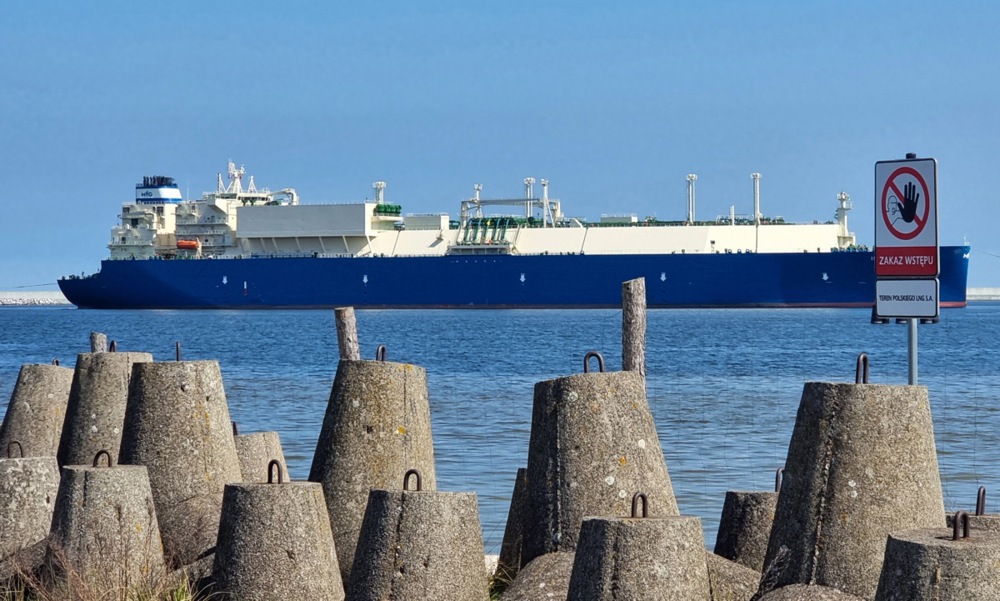In a political landscape increasingly defined by fragmentation and voter discontent, a recent survey by More in Common MRP on April 20 has delivered a jolt to the British establishment. Conducted with 16,000 voters, the poll projects Nigel Farage’s Reform UK as the largest party in Parliament with 180 seats, relegating both Labour and the Conservatives to a tie at 165 seats each. This potential upheaval, if it materialises, would dismantle the long-standing two-party hegemony and herald a seismic shift in UK politics.
Luke Tryl, director of More in Common, captures the moment: “Nigel Farage’s Reform UK emerge as the biggest winners of this parliament so far, with our model suggesting they could well become the largest party in parliament, something almost unthinkable a year ago.” Yet he tempers this with a note of caution: “Though the party remains a long way from being able to secure a majority, it is clear Reform’s momentum is real, and the question is whether their new level of support represents the start of a path to government or a ceiling that Farage’s polarising brand finds hard to overcome.” Tryl’s analysis merits scrutiny—does this poll reflect a genuine realignment, or is it a fleeting snapshot of disillusionment?
The geographical spread of Reform UK’s support offers a compelling clue to its potential dominance. Posts on X highlight the party’s strength in Labour heartlands such as the Welsh Valleys, the North East, Lancashire, Greater Manchester, Lincolnshire, South Yorkshire, the Thames Estuary, and Nottinghamshire. These regions, including much of the fabled Labour “Red Wall,” are increasingly alienated by Labour’s failure to address local grievances. The More in Common survey posits that Reform could sweep most of the original 42 working class Red Wall seats from Labour, a feat that would cement its status as a serious contender. Unlike Labour and the Conservatives, whose national vote shares are comparably split, Reform’s support appears more efficiently distributed, potentially translating into a disproportionate seat haul despite a similar polling baseline.
One question about Reform’s capabilities is who these 180 future MPs might be. As of yet, the party has focussed on creating structure and selection of council candidates. It has not yet started its selection process for the significant Welsh and Scottish elections, let alone for the Westminster test of 2029. The credibility of those candidates will be a key attack line from both Tories and Labour. But part of the importance of these elections is to see if those who are elected at a local level are able to step up to national level. Reform will be able to see their performance and select accordingly. The traditional parties select from the politically focussed, narrowing the type of person selected. Reform has the opportunity to present the most diverse collection of candidates seen for many decades, with expertise that spans all areas of national life. However whipping — that is, ensuring party discipline — may become a nightmare for the same reason.
Labour’s woes are starkly illuminated by this poll. After clinching a landslide victory, the party now grapples with a splintered coalition and an electorate weary of sluggish progress and early governance blunders. Tryl’s observation that Labour finds itself “on the wrong side of a disillusioned electorate” rings true, with the poll forecasting losses of up to 246 seats. This could imperil high-profile cabinet ministers, any of whom could be seen as a successor to Keir Starmer, such as Deputy PM Angela Rayner, Home Secretary Yvette Cooper, and Health Secretary Wes Streeting. The rapid erosion of support suggests that Labour’s mandate, once triumphant, is fracturing under the weight of unmet expectations – a vulnerability Reform UK is poised to exploit.
The upcoming May county council elections loom as a pivotal moment. Predominantly contested in Tory-held wards, these elections have prompted grim forecasts from Conservative strategists. Briefings suggest losses ranging from 600 to 1,000 seats, with Sam Coates of Sky News reporting expectations “close to 1,000”—a figure that smacks of expectation management but underscores the party’s peril. Defending under 1,200 wards, a loss of 900 would be devastating. Reform UK, meanwhile, has set a modest yet strategic target of a 200-seat gain, a goal Nigel Farage frames as a stepping stone. Elsewhere, the Liberal Democrats are tipped to capitalise on Tory frailty in the South and South West, while the Greens aim to chip away at Labour in liberal enclaves, though the electoral map offers them scant opportunity this cycle.
For Reform UK, the May elections are less about seat tallies and more about proving that polling strength can translate into votes. The party’s recent surge must be matched by turnout, a challenge that has historically bedevilled insurgent movements. Intriguingly, Farage’s association with Donald Trump, a millstone for conservative leaders like Pierre Poilievre in Canada and Peter Dutton in Australia, appears to lack electoral toxicity in the UK. This resilience suggests that British voters are prioritising domestic frustrations over international optics, bolstering Reform’s prospects.
Should Reform UK triumph, the reverberations could extend across the Continent. In nations where anti-immigration and anti-Net Zero agendas are ascendant, think France, Germany, or Italy, populist Right parties might draw inspiration from Farage’s playbook, challenging entrenched establishments. Yet, the reverse is equally plausible: EU-supporting governments could dig in, doubling down on policies to counter the populist tide. The outcome could either galvanise Europe’s right-wing insurgency or entrench the status quo, reshaping the political fault lines of the region.
Amid this flux, the Runcorn parliamentary by-election on May 1 emerges as a wildcard. A Reform victory here could overshadow any council election stumbles, offering a potent symbol of the party’s broadening appeal. It would underscore Reform’s capacity to compete beyond its regional strongholds, amplifying its narrative of inevitability. As Farage regularly states, “Reform has all the momentum”.
The More in Common poll sketches a UK teetering on the edge of political fragmentation. Reform UK’s ascent to 180 seats, though short of a majority, heralds a hung parliament where coalitions or minority governments become the norm. The May elections will test Reform’s mettle, the Tories’ resilience, and Labour’s ability to regroup. Beyond Britain’s shores, Europe watches keenly, aware that this surge could tilt the balance of populist momentum. Yet, a critical eye is warranted—does this poll herald a lasting shift, or is it merely a cry of frustration from a volatile electorate? The establishment’s reaction, whether panicked concession or steely defiance, will be as decisive as the voters’ verdict.
Gawain Towler is former Reform Director of Communications and a Westminster veteran.






The party was great, but expect vengeance from the people Trump defeated